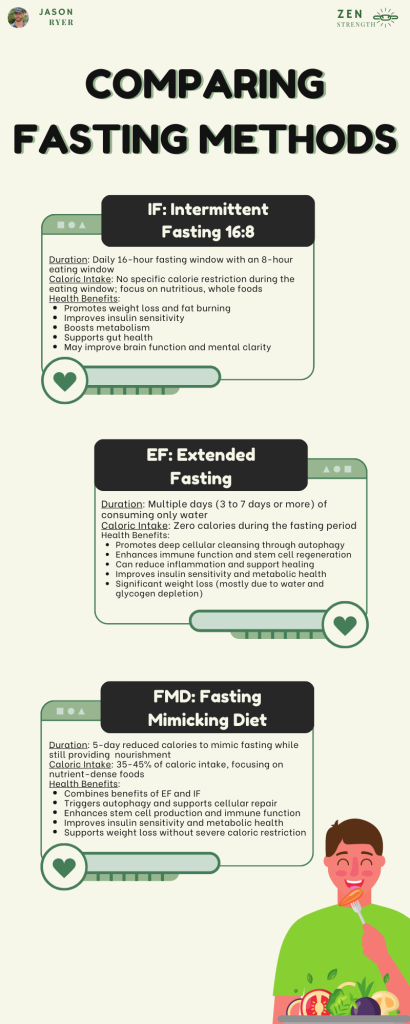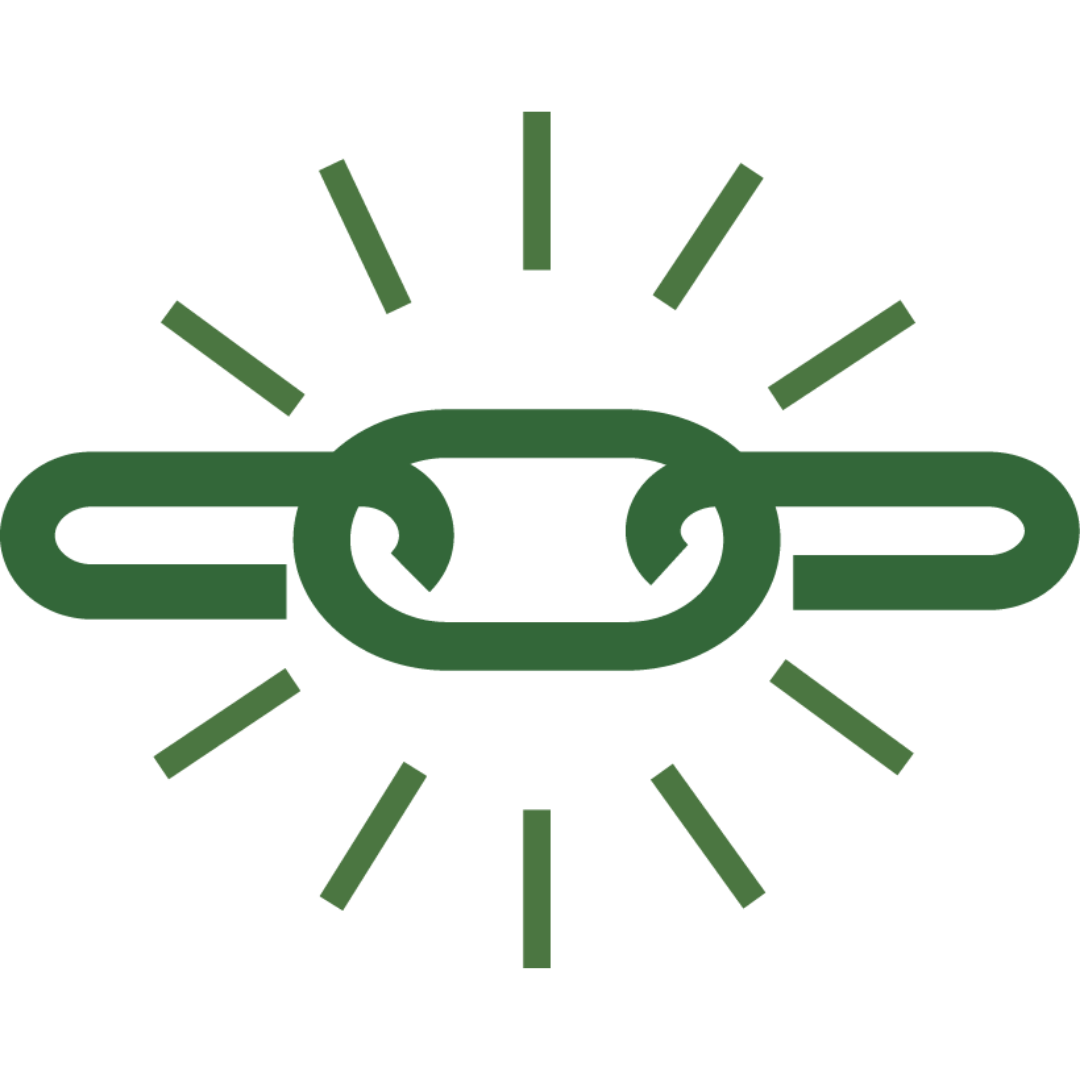Introduction
Fasting has been practiced for centuries, often for religious or spiritual reasons. But more recently, it has gained popularity for its potential health benefits. One of these benefits is the role fasting can play in reducing the risk of cancer. In this article, we’ll explore the connection between fasting and cancer prevention and provide some tips on how to fast safely.
Fasting and Cancer Risk
Fasting has been found to have several health benefits, and one of them is its potential role in cancer prevention. Studies have shown that fasting can help protect healthy cells from the harmful effects of chemotherapy, making cancer treatments more effective. This phenomenon is called “differential stress resistance,” where fasting weakens cancer cells while simultaneously strengthening healthy cells.
Additionally, fasting can induce a process called autophagy, where the body cleanses itself by removing damaged cells and cellular debris. This process helps prevent the growth and spread of cancer cells by eliminating potential sources of damage and mutation.
Furthermore, fasting can also help reduce inflammation, which has been linked to the development of several types of cancer. By lowering inflammation levels in the body, fasting may help to create an environment that is less conducive to the growth and spread of cancer cells.
Fasting Tips for Cancer Prevention
If you’re considering fasting for its cancer-preventing benefits, remember to consult with a healthcare professional first. They can guide you on the best fasting method for you and ensure it’s done safely.
There are various fasting methods to choose from, such as:
- Intermittent fasting (16:8): This method involves eating during an 8-hour window each day and fasting for the remaining 16 hours.
- Extended fasting (water only): This type of fasting involves consuming only water for a set period, usually ranging from 24 hours to several days.
- Fasting mimicking diet (FMD): This diet is a low-calorie, plant-based plan designed to mimic the effects of fasting while still allowing for some food consumption. It’s typically followed for 5 days.

Choose the fasting method that best fits your lifestyle and health needs. It’s essential to listen to your body and make adjustments as needed to ensure that fasting is a beneficial and safe practice for you.
Conclusion
Fasting can be a powerful tool in the fight against cancer when done correctly. By incorporating fasting into your routine under the guidance of a healthcare professional, you can potentially reduce your risk of developing cancer and enjoy the numerous health benefits associated with this ancient practice.
